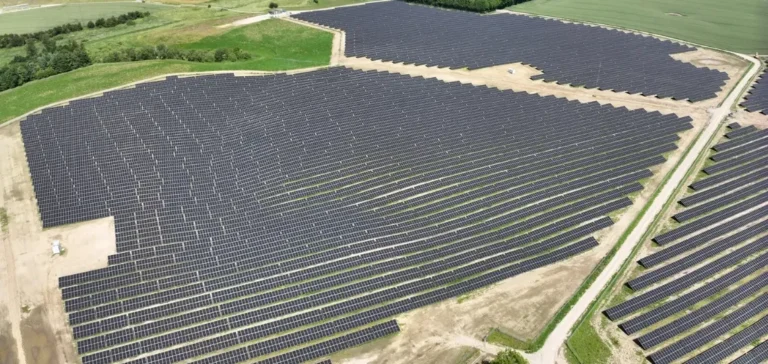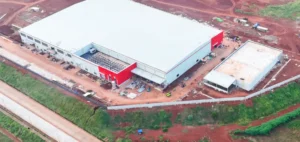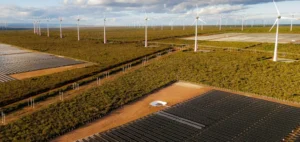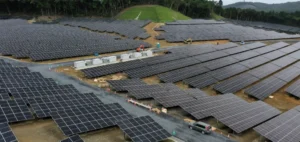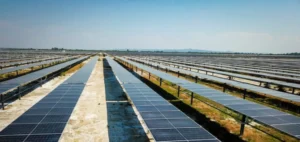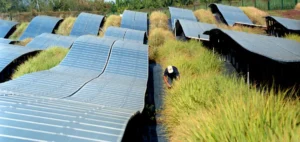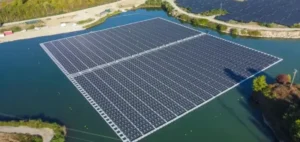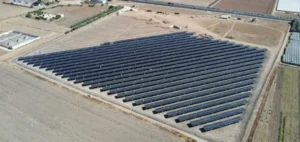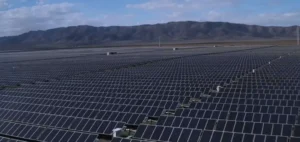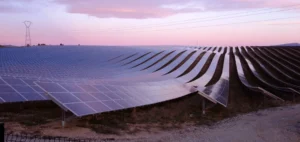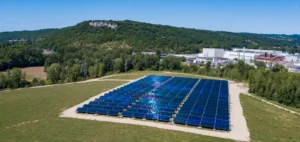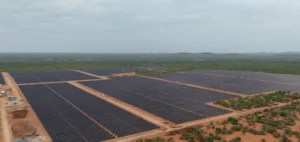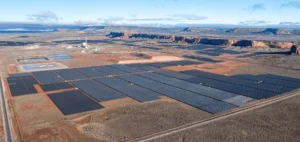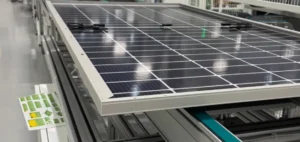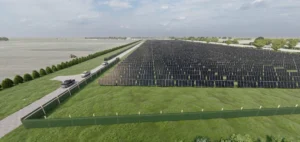The Ingerslev Å solar plant, located in the Jutland region of Denmark, is now operational, with an installed capacity of 65 megawatts (MW). Operated by BeGreen, a wholly-owned Equinor subsidiary specialising in onshore renewable energies, this plant marks the company’s first solar project in the country since its acquisition by Equinor in 2023.
A renewable-focused strategy
The Ingerslev Å facility comprises over 100,000 solar panels and six transformer stations installed on-site. Construction was completed in less than a year, illustrating the rapid development cycles typical of onshore renewable projects.
The plant is expected to generate around 68 gigawatt-hours (GWh) annually. This output will be marketed by Danske Commodities, Equinor’s energy trading company, under merchant terms within the DK1 electricity market covering western Denmark.
Expansion of European capacity
With this development, Equinor continues expanding its onshore renewable energy presence across Europe and North America, where the company already has approximately 1.2 gigawatts (GW) of capacity either in operation or under construction.
Anders Bade, senior vice president for onshore operations and renewable markets at Equinor, stated: “This is another step in our ambition to establish a profitable onshore renewables business in selected markets in Europe and the Americas.”
Strengthened local synergies
BeGreen represents Equinor’s fourth subsidiary specialising in onshore renewables and battery storage to enter production. The Norwegian group’s strategy relies on strong local presence by acquiring companies specialised in their respective markets.
“Our ownership of local companies provides a strong foundation for value creation by leveraging their on-the-ground expertise and maximising synergies with our trading house, Danske Commodities,” added Anders Bade.
Equinor thus aims to optimise its presence in European energy markets by enhancing its portfolio of onshore renewable assets and expanding its commercial operations, particularly in the North European energy sector.


